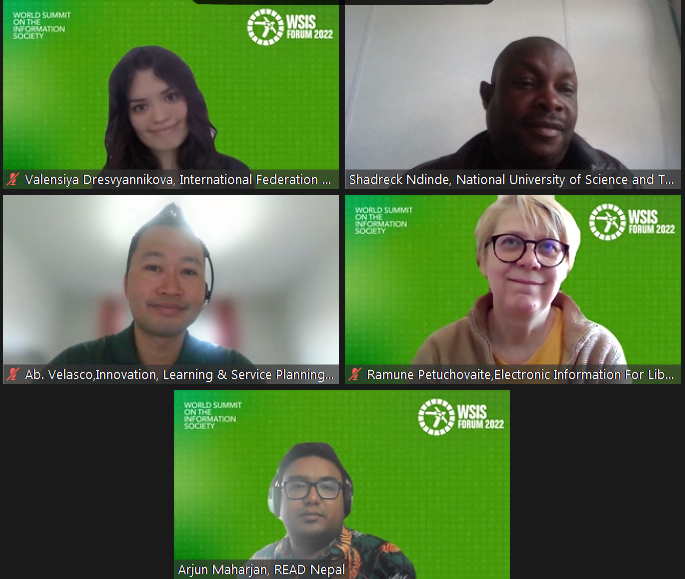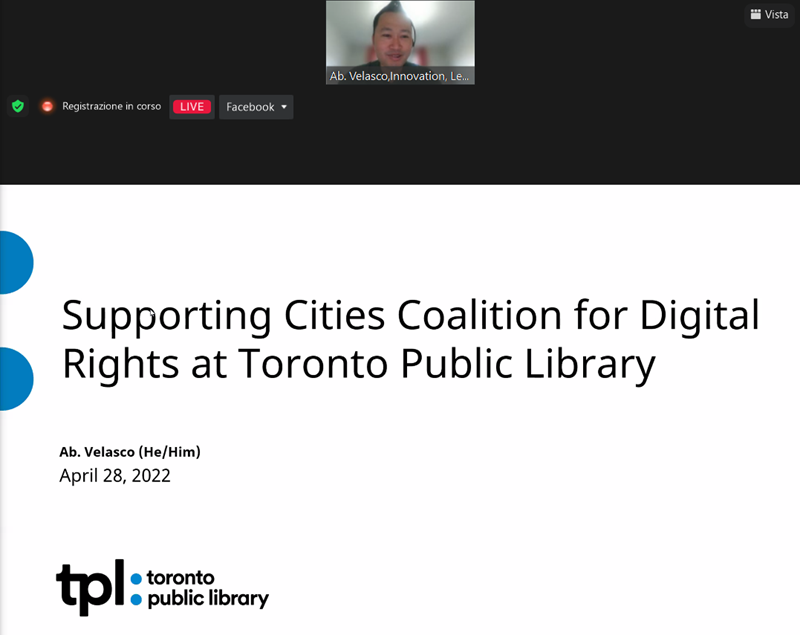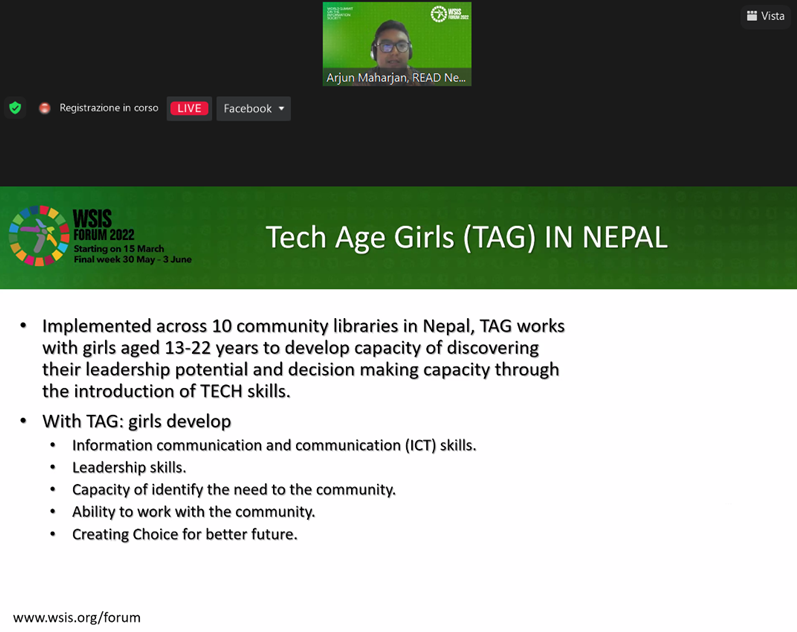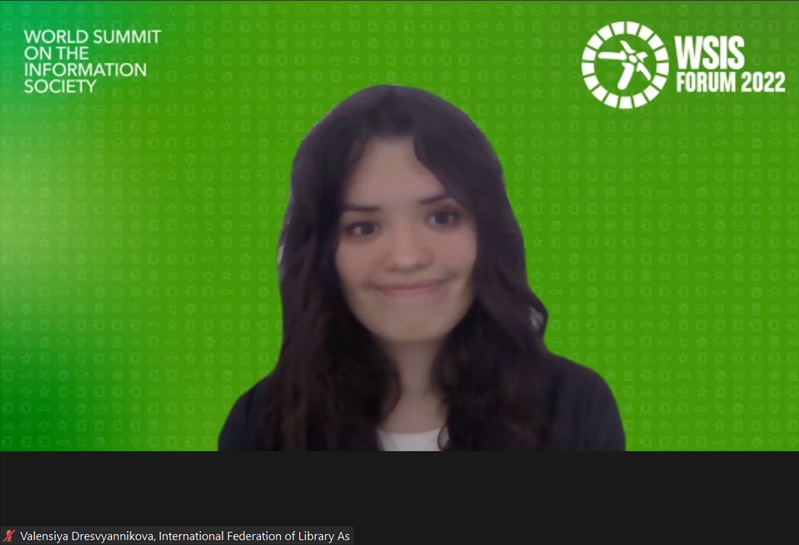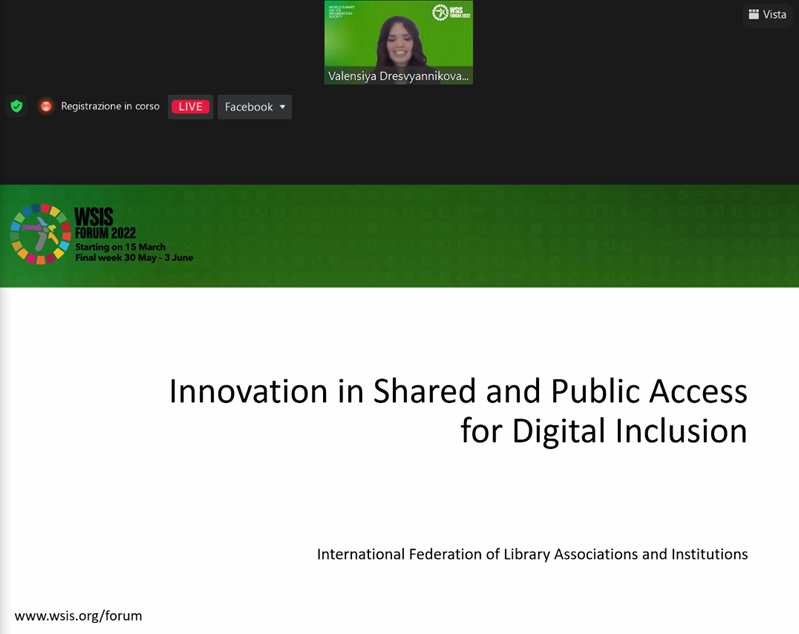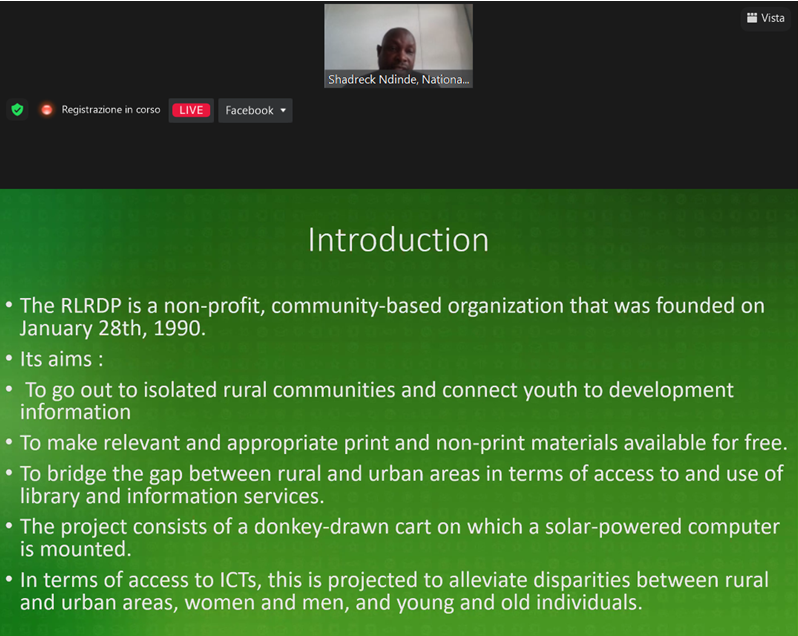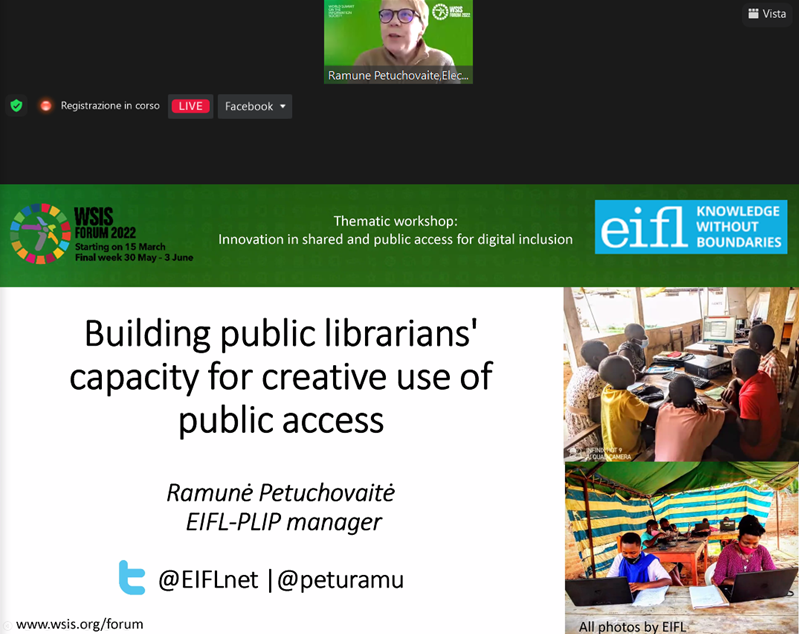Innovation in Shared and Public Access for Digital Inclusion
International Federation of Library Associations and Institutions
Session 296
2020, 2025 and 2030 are among the key deadlines set out for achieving universal connectivity and digital inclusion targets – expressed in such metrics as internet penetration, its use and affordability, and digital skills among the world’s population. To be able to deliver on these ambitions, innovative and user-centric digital inclusion models are vital.
Public access – shared no-cost (or low-cost) access to the internet and information and communications technologies (ICTs) in places such as libraries and community centers – has long been a helpful asset in the digital inclusion policy toolbox. These facilities have helped many go online for the first time, and to stay connected - whether as their main or only way of getting online, or as a supplemental source of access to an inexpensive and reliable connection. They help offer users access to digital skills training and support, and to a broader spectrum of ICTs.
As early as 2003/2005, WSIS codified these approaches within Targets 1 and 4, and Action Lines C3 and C4. Now, nearly two decades later, public access points have evolved and continue to help generate unique value for their communities.
What do these public access point look like today, and what lessons have we learned about this easy-to-implement yet powerful digital inclusion model – lessons which can help bring meaningful connectivity to more people around the world today?
This session focuses on recent innovation in shared and public access, drawing on the experiences of public and community libraries and resource centers. It highlights:
- innovative approaches to providing shared connectivity, particularly for underserved user groups,
- original services enabled by public access, tailored to the needs of their communities,
- good practices and ways to maximise the capacity for public access provision.
* Incl. SDG 9.c, 2025 Advocacy Targets of the Broadband Commission, and the UN Secretary-General Roadmap for Digital Cooperation goals and targets.
-
 C2. Information and communication infrastructure
C2. Information and communication infrastructure
-
 C3. Access to information and knowledge
C3. Access to information and knowledge
-
 C4. Capacity building
C4. Capacity building
-
 Goal 9: Build resilient infrastructure, promote sustainable industrialization and foster innovation
Goal 9: Build resilient infrastructure, promote sustainable industrialization and foster innovation
-
 Goal 17: Revitalize the global partnership for sustainable development
Goal 17: Revitalize the global partnership for sustainable development
